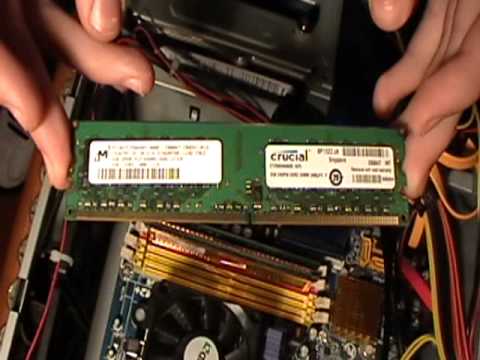Buying a new laptop PC: does more RAM equate to better performance?
The number of PCs running operating systems as old as Windows XP, is still considerable. With this in mind, when the time comes to upgrade to a newer system, it’s worth noting a number of misconceptions derived from a certain experience provided by older PCs, which is much different than what users perceive using newer systems.

Old computers, especially desktop machines, like old Dell and Compaq mini-towers, which were extremely popular in the early 2000s, were designed primarily to run older desktop programs that were not always optimized to take advantage of the hardware available, often requiring more resources than what was typically necessary, and contributing to an overall sluggish experience, following an increasing volume of background apps, browser extensions/plugins, and of course, malware.
In that era it was assumed that topping a PC with as much RAM as the system were able to support, was a cure-all method to reduce lag, and improve performance. While it’s true that the availability brings a number of advantages, such as the ability to run more applications at once, as well as the ability to open and edit larger files, as it often happens in image processing, RAM does not have any effect on the stability of a system, nor on the processing speed.
This fact is a lot more evident in modern laptops, where the standard amount of memory is within the range of 4 to 6 Gigabytes. In most cases, 4GB of RAM is well enough for tasks like regular web browsing, streaming movies, or using Windows Store universal apps.
Windows 10 has a much better way to manage hardware resources than any previous Windows operating system, which makes additional RAM not as necessary as SSD storage, a faster processor, or a dedicated graphic card.
The same applies when planning to use legacy applications, like older 32-bit apps formerly running on Windows XP.